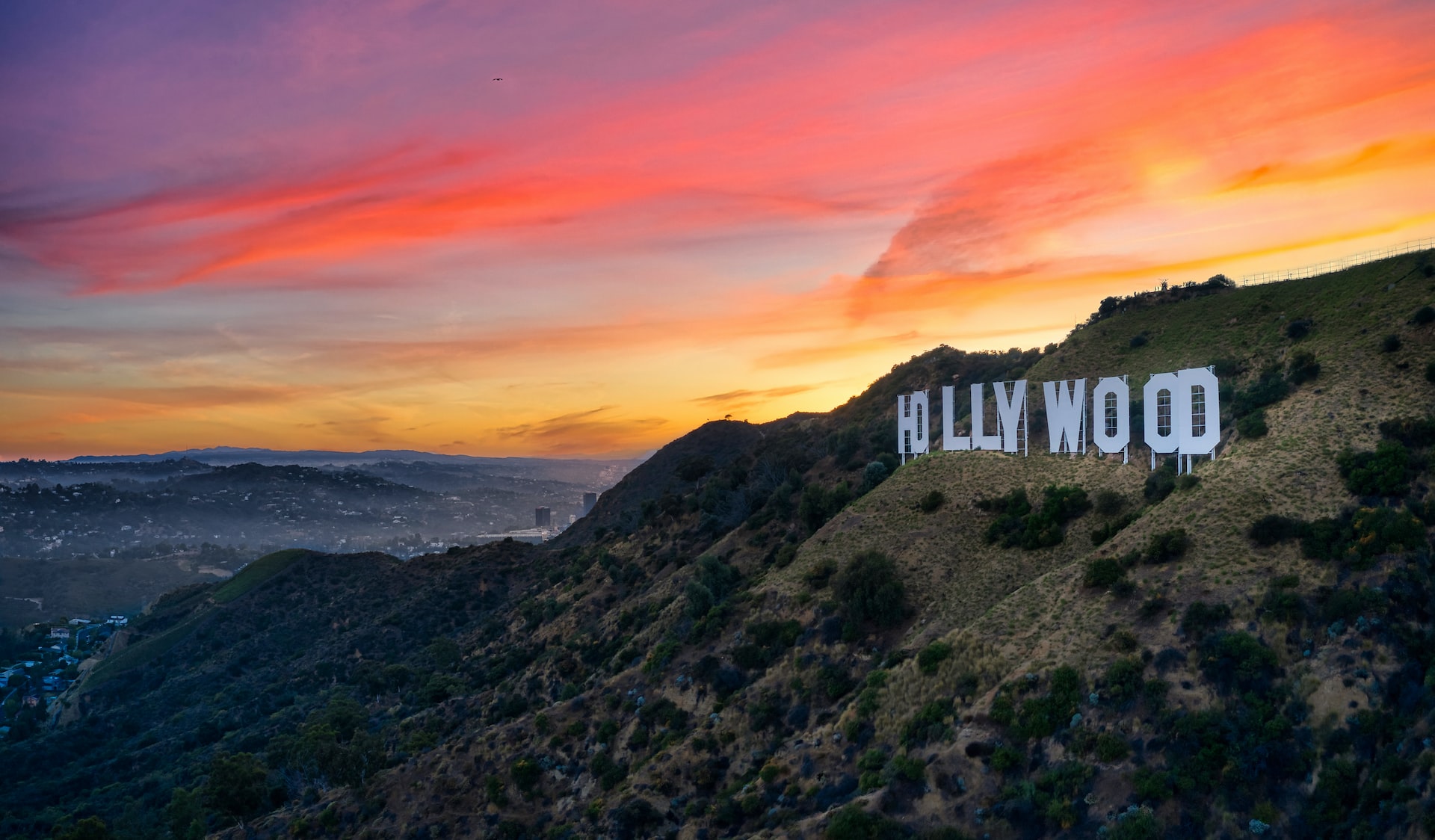Hollywood is no stranger to drama, and I'm not just talking about the on-screen kind. This time around, it's about the ongoing Writers Guild of America (WGA) strike, and believe me, it's not your usual catfight. This time, things have gotten real. At the heart of it, is the rise of a particularly powerful character in this story - Artificial Intelligence, specifically, AI like Chat-GPT from OpenAI.
The WGA, the union representing television and film writers, has been in battles before. They have gone on strike in the past demanding more significant shares of profit, better work conditions, and respect for their craft. However, the face-off this time is against an entirely different beast. It's not a negotiation about residuals or health insurance anymore, but the very essence of their craft that's at stake.
Chat-GPT, an AI language model, has made significant strides since it first made its debut, evolving from simple automated responses to sophisticated storytelling. This AI can draft dialogues, craft scenes, and flesh out narratives at a pace no human writer can match. In the wrong hands, it becomes a tool to bypass the need for a robust writing team, replacing it with a skeletal crew of one or two writers assisted by AI.
Now, don't get me wrong. AI is not inherently bad, nor does it signify the demise of the writer's craft. An AI, at its current stage, cannot replace a human scriptwriter. It lacks the intuitive grasp of human emotion, the ability to tap into current cultural nuances, and the skill to create authentic, relatable characters that resonate with audiences. It doesn't understand humor, satire, or irony in the way humans do. An AI doesn't have a 'gut feeling,' nor can it provide the creative spark that often leads to the best moments in film and television.

However, here's where it gets tricky. Even though it cannot fully replace a writer, AI like Chat-GPT could reduce the demand for them. Why hire a team of writers for a season when one writer, equipped with AI, could potentially do the work of ten? The threat isn't about replacement; it's about reduction.
AI may make the screenwriting process more efficient, but at what cost? We risk losing the richness of collaborative creativity, the diversity of voices, and the organic brainstorming that sparks magic on screen. We risk turning a deeply human process into an assembly line production.
So, why should we worry? Because while AI opens up exciting possibilities, it also opens up uncomfortable questions about the value we place on human creativity and labor. We need to think critically about how we integrate these new tools, and it's not just writers who should be concerned. It's anyone who values the human element in art and storytelling.
We need to find a way to make AI work with us, not against us. For the sake of preserving the essence of storytelling, we need to ensure it's a partnership, not a takeover. We can't afford to let AI devalue the writers' craft, not when their creativity forms the lifeblood of the stories we cherish on screen.
The WGA strike of 2023 is about more than just fair pay or improved working conditions; it's a wake-up call to all of us. It's a reminder to the industry that while we evolve and embrace new technology, we must never forget the human creativity that breathes life into our stories. We should not let AI overshadow it but use it as a tool to enhance and celebrate it.
After all, in this golden age of storytelling, it's the unique human
touch that makes a script truly shine, something no AI, however
advanced, can emulate.

The WGA Strike 2023: When Artificial Intelligence Met Hollywood